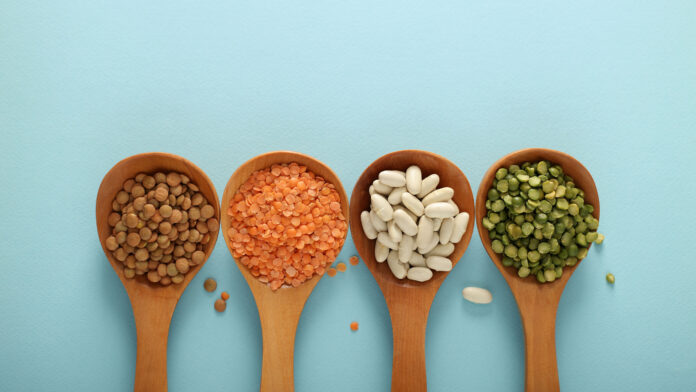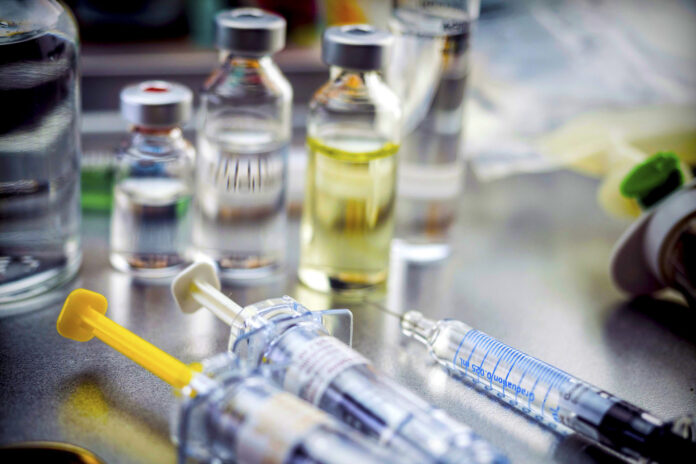1. Eat Monounsaturated Fats

Research suggests that diets high in monounsaturated fats can help reduce LDL (bad) cholesterol while raising HDL (good) cholesterol. These fats are found in:
- Olive oil
- Avocados
- Nuts (almonds, cashews, pecans)
- Nut butters
Key benefits: Supports heart health and reduces harmful cholesterol.
2. Use Polyunsaturated Fats, Especially Omega-3s
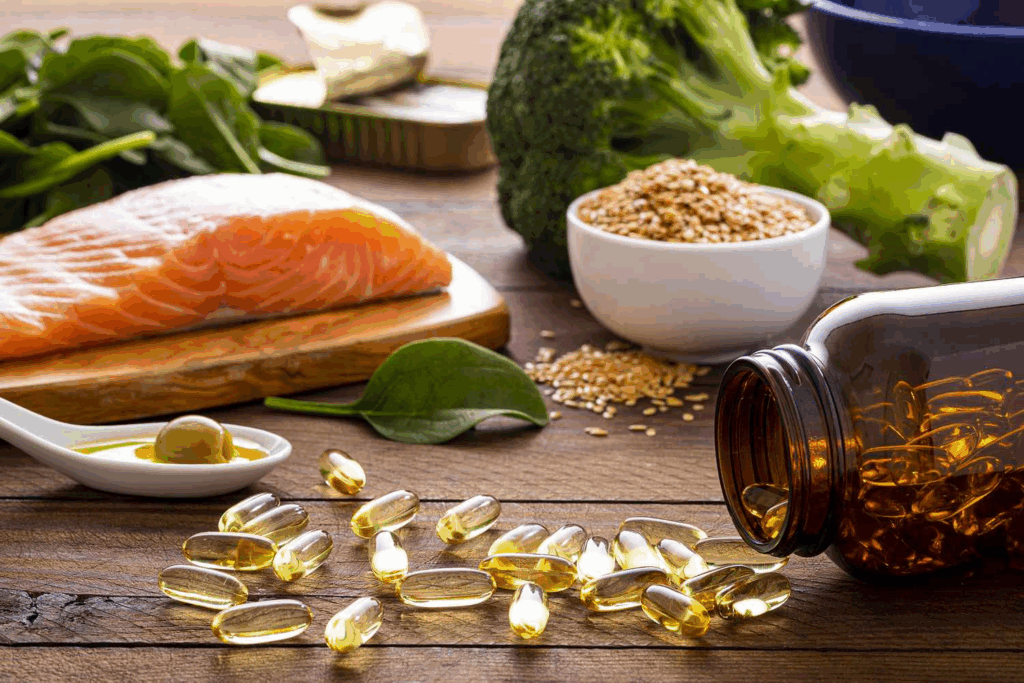
Polyunsaturated fats, particularly omega-3 fatty acids, help lower LDL cholesterol and reduce the risk of heart disease. Excellent sources of omega-3s include:
- Fatty fish (salmon, mackerel, herring, tuna)
- Fish oil supplements
- Shellfish (shrimp)
Key benefits: Reduces LDL and inflammation, promoting heart health.
3. Limit Trans Fats
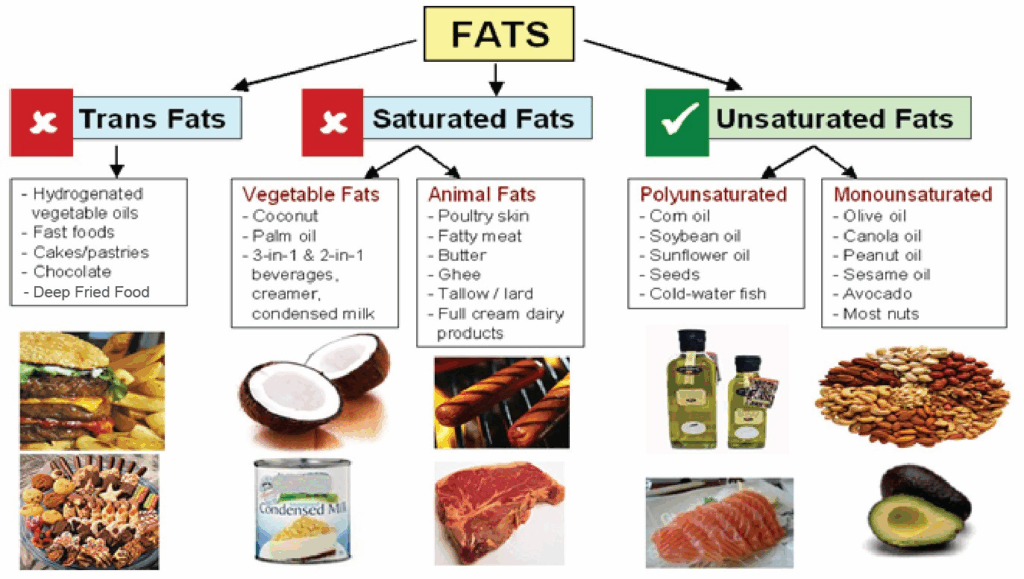
Trans fats raise LDL cholesterol and lower HDL cholesterol, increasing the risk of cardiovascular diseases. They are commonly found in:
- Margarine and shortening
- Baked goods (pastries, cakes)
- Fried fast foods
- Microwaveable popcorn
- Non-dairy coffee creamers
Key benefits: Reducing trans fats can help lower bad cholesterol levels and improve overall heart health.
4. Eat Soluble Fiber
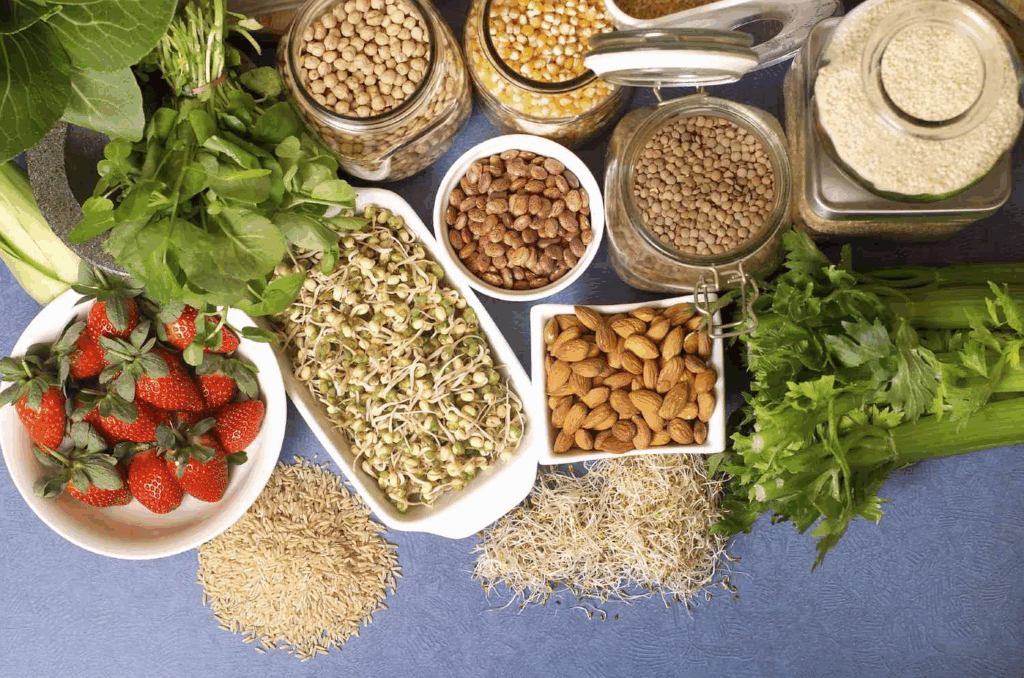
Soluble fiber helps lower LDL cholesterol by binding to cholesterol particles and removing them from the body. Foods rich in soluble fiber include:
- Oats and oat bran
- Beans and lentils
- Brussels sprouts
- Apples and pears
- Flaxseeds
Key benefits: Improves digestion and helps in reducing harmful cholesterol.
5. Exercise Regularly

Regular physical activity can lower LDL cholesterol while raising HDL cholesterol. Aim for at least 150 minutes of moderate aerobic exercise per week, such as:
- Walking
- Cycling
- Jogging
- Swimming
Key benefits: Supports overall cardiovascular health and helps maintain a healthy weight.
6. Maintain a Healthy Weight

Excess weight, especially abdominal fat, can increase LDL cholesterol levels. Losing even a small amount of weight can have a positive impact on cholesterol levels:
- Focus on a balanced diet
- Engage in regular physical activity
Key benefits: Helps improve cholesterol levels and reduces the risk of heart disease.
7. Quit Smoking

Smoking not only lowers HDL cholesterol but also damages blood vessels and promotes plaque buildup in the arteries. Quitting smoking can reverse many of these harmful effects:
- Increases HDL cholesterol
- Improves blood circulation and heart health
Key benefits: Quitting smoking enhances cardiovascular function and lowers overall cholesterol.
8. Drink Alcohol in Moderation

Some studies suggest that moderate alcohol consumption can raise HDL cholesterol. However, excessive alcohol intake can increase triglycerides and lead to weight gain:
- Men: Limit to 2 drinks per day
- Women: Limit to 1 drink per day
Key benefits: Moderate consumption may improve heart health, but it’s important to drink responsibly.
9. Consider Plant Sterols and Stanols
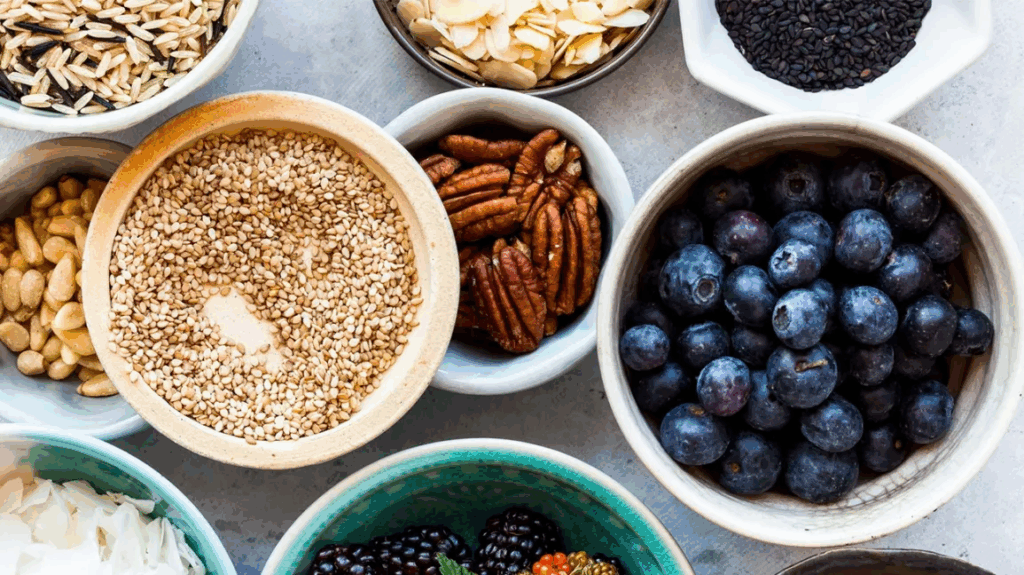
Plant sterols and stanols resemble cholesterol and help block its absorption in the intestines. Consuming 2-3 grams per day can help reduce LDL cholesterol by 7-12%. Sources include:
- Fortified margarine
- Vegetable oils
- Supplements
Key benefits: Helps lower LDL cholesterol naturally.
10. Try Supplements

Certain supplements have shown promise in supporting cholesterol management:
- Fish Oil: Rich in omega-3 fatty acids, helps lower triglycerides.
- Psyllium: A soluble fiber supplement that can help lower LDL.
- Coenzyme Q10: Antioxidant that may support overall heart health.
Key benefits: Supplements can complement other lifestyle changes to improve cholesterol levels.
Also Read : 10 Creative Ways to Stay Hydrated Without Drinking Plain Water
